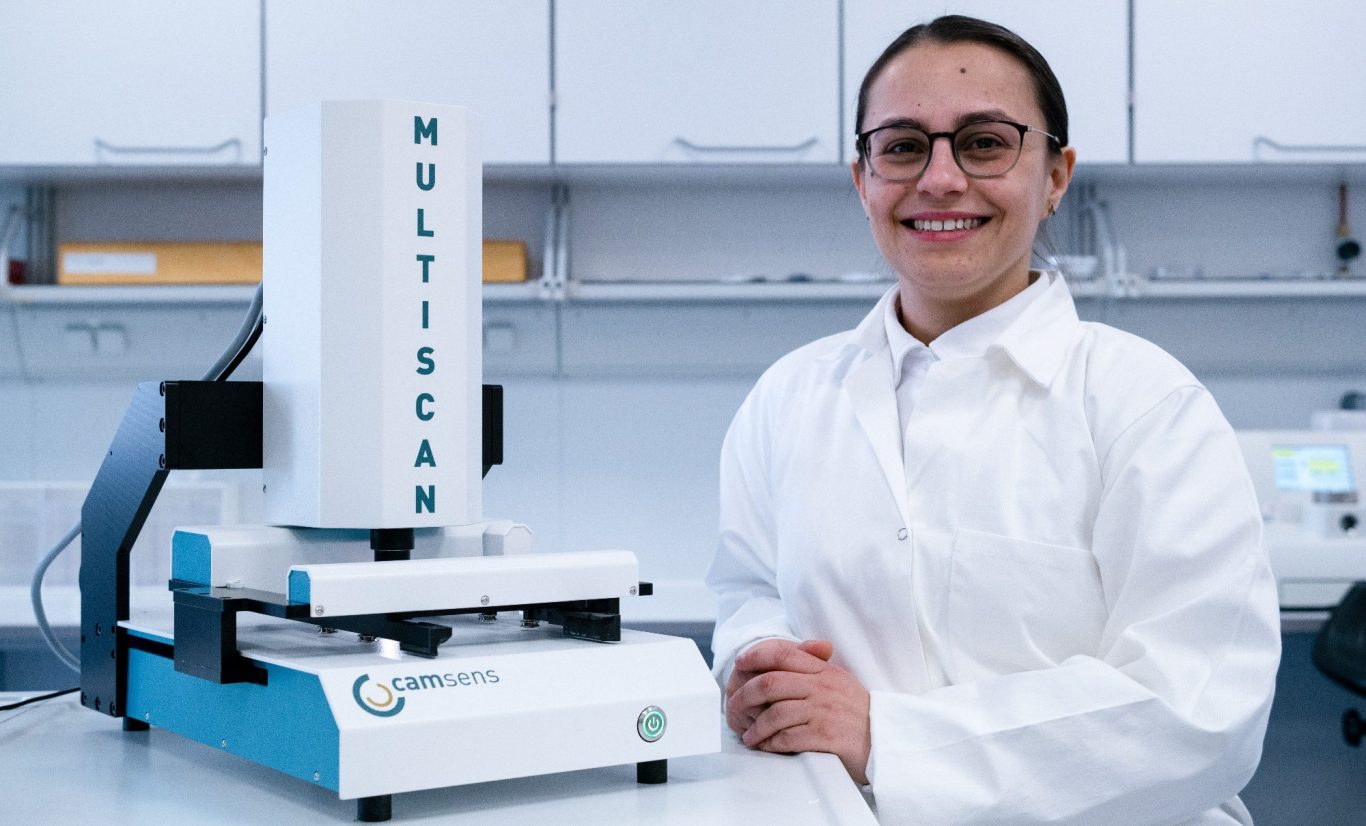
06 Aug 2025
Urgent need for regular fecal egg counts to monitor parasites in UK sheep
The Sustainable Control of Parasites in Sheep (SCOPS) recently urged UK farmers to use fecal egg counts for monitoring parasite burdens and lamb performance following recent rainfall [1]. Such climatic conditions in the region have created suitable conditions for worm larvae to survive, increasing worm challenges on pasture.
Regular fecal egg counts (FECs) are key to monitor parasite burden and make informed treatment decisions. According to GOV.UK the number of sheep and lambs in the UK was approximately 20.1 million by December 2024 [2].
Parasitic infections in sheep can lead to reduced weight gain, lower fertility, poor wool quality, and, in severe cases, death. In addition to affecting animal welfare, high parasite burdens significantly reduce farm profitability and sustainability. The ability to monitor and respond to parasite levels quickly and accurately is essential for modern livestock management.
Despite this, most fecal egg count tests are still performed manually, or using automated systems limited to processing one sample at a time. These approaches often rely on single-use plastic consumables, which makes large-scale testing both labor-intensive and environmentally unsustainable.
Multiscan for a scalable and sustainable parasite management
To address these challenges, CAMSENS offers a high-throughput alternative with its Multiscan system, automating the analysis of up to eight microscopic slides or eight conventional McMasters for FEC tests in parallel. These slides are cleanable and reusable, eliminating the need for disposable test kits while preserving compatibility with existing veterinary practices.
The system combines high-resolution imaging with artificial intelligence to detect and quantify parasite eggs automatically. This significantly increases sample throughput and consistency while reducing hands-on time and manual effort. It supports the identification of key gastrointestinal parasites such as Strongyles, Nematodirus, and Coccidia, providing a reliable basis for targeted treatment decisions.
Multiscan enables:
✓ High-throughput testing, without additional consumable costs
✓ Reduced staff workload, thanks to full automation
✓ Sustainable diagnostics, by eliminating unnecessary plastic waste
By combining throughput, automation, and sustainability, Multiscan supports sustainable parasite control strategies in sheep farming. As parasite pressures continue to rise, tools like Multiscan will be essential in enabling responsible, efficient, and future-ready veterinary diagnostics.
References
[1] SCOPS – Sustainable Control of Parasites in Sheep. SCOPS urges farmers to use faecal egg counts and monitor lamb performance following recent rainfall. Published 15 July 2025. Available at: link.
[2] UK Government (Defra). Livestock populations in the United Kingdom at 1 December 2024. Published 27 March 2025. Available at: link.

Multiscan in action – become a pilot partner!
Experience the Multiscan under real conditions directly in your facility. As part of our pilot phase, we provide the system for automated sample processing, digital image capture, and AI-supported analysis of parasitological examinations.
- Seamless integration into your daily workflow
- Accurate detection of parasite eggs
- Technical guidance and support from our team
- The opportunity to develop new applications together










